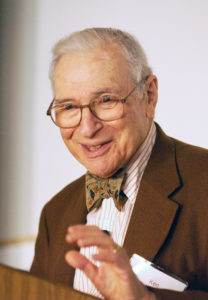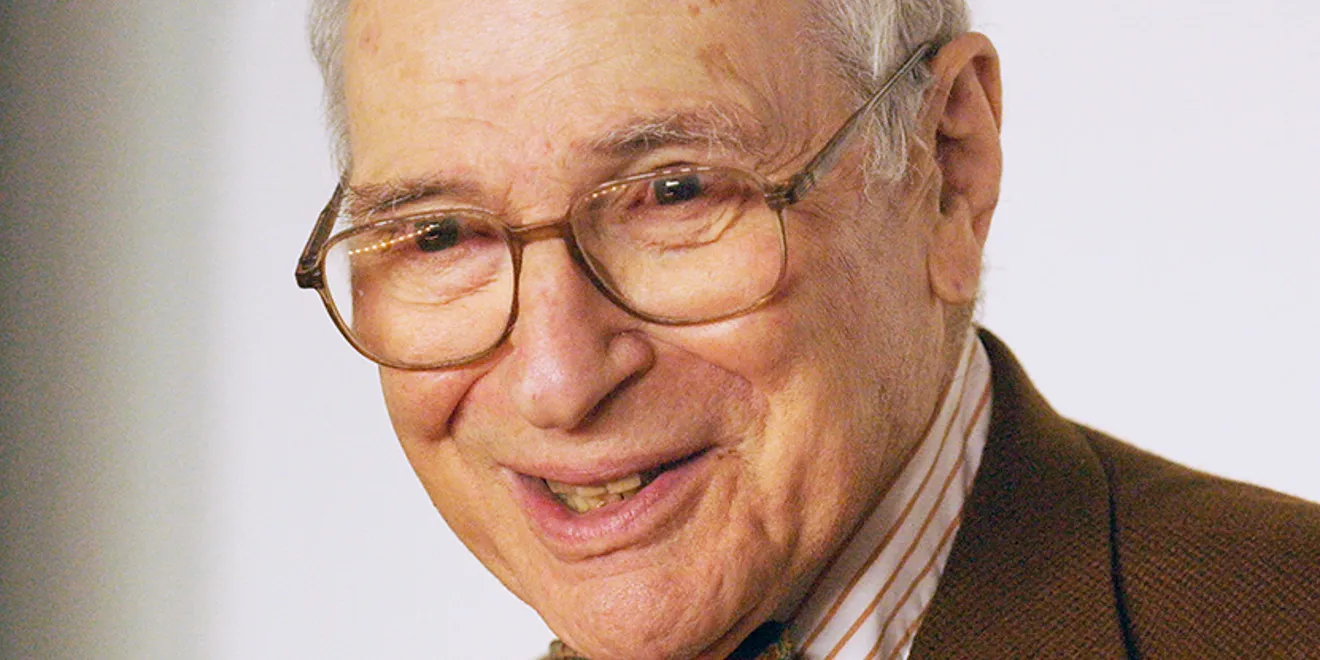Kenneth Arrow, a Nobel Prize-winning economist who taught and researched at Stanford until 1991, died last Tuesday at the age of 95.
Arrow was Stanford’s Joan Kenney Professor of Economics and professor of operations research, emeritus. In 1972, at the age of 51, he became the youngest economist to win a Nobel Prize, setting a record that still stands.

(Courtesy of Stanford News Service).
His work revolved around theories of social choice. Central to Arrow’s research is the “general impossibility theorem,” in which he demonstrated that it is impossible for group social preference orderings to reflect the actual desires of all logical individuals within the group. Arrow explained how, through individual efforts to promote self-interest, group elections will inevitably reduce the welfare of some within the group.
Arrow showed that the results of certain elections are actually arbitrary, based more on the options at hand and the order those options are presented in than personal and societal values.
Arrow also led his field with contributions in many other areas of economics, including information asymmetry and general equilibrium theory. In the former, he explored how an imbalance of information in transactions favors the seller and creates an incentive to cheat the buyer. In the latter, he explained the behavior of supply and demand in a single economy with multiple interacting markets, demonstrating how those interactions lead to a general equilibrium. Proving that ideal markets can exist by the nature of mathematical logic, Arrow spent much time highlighting the flaws of actual markets that prevent such an optimal state.
Much of Arrow’s fame comes from his rigorous treatment of economics as a science, an approach encouraged by his academic background. Arrow received a bachelor’s degree in social science and mathematics from the City College of New York before continuing on to Columbia University to study mathematics in graduate school.
In his later years, Arrow served as an economic advisor for multiple presidents, and five of his students went on to become Nobel Prize winners as well.
Contact Josh Kazdan at jkazdan ‘at’ stanford.edu.
